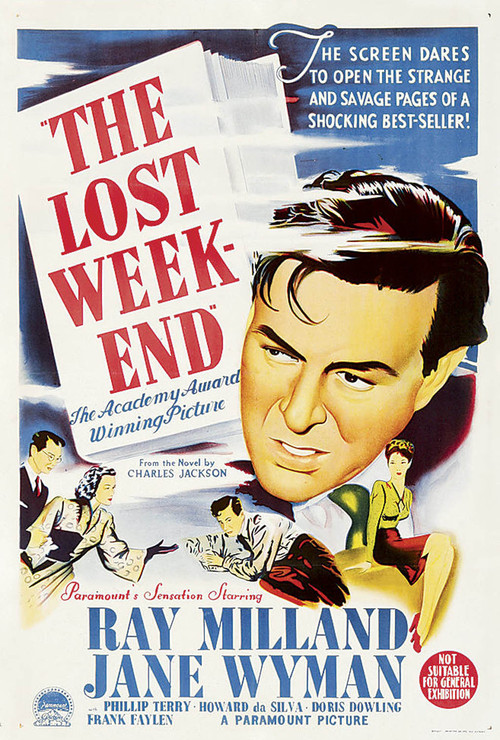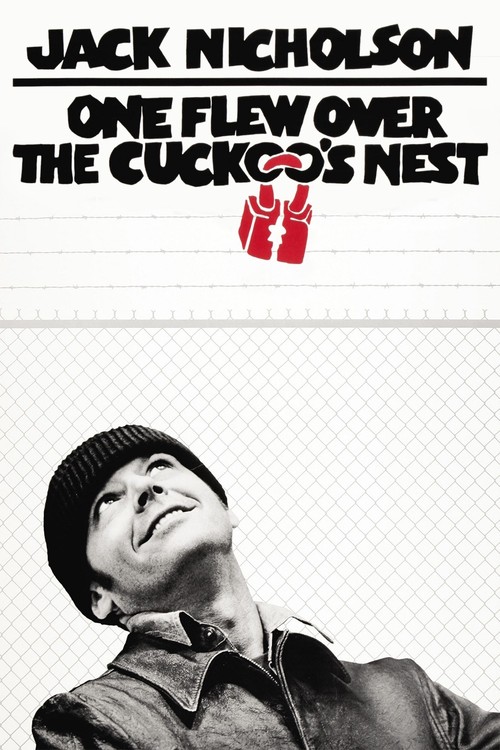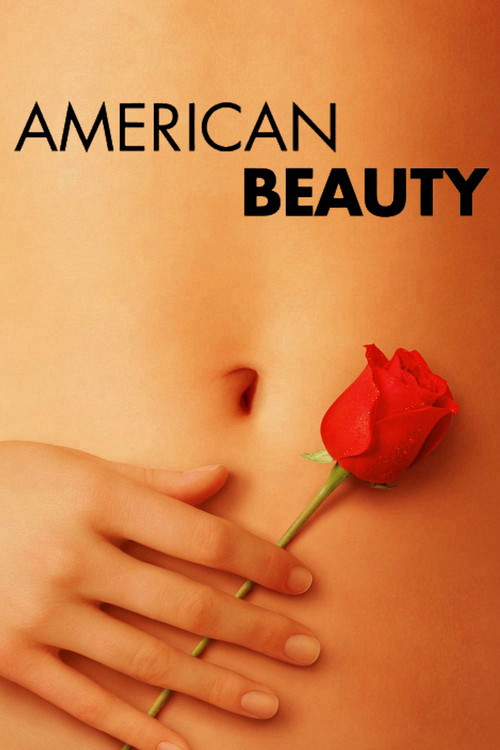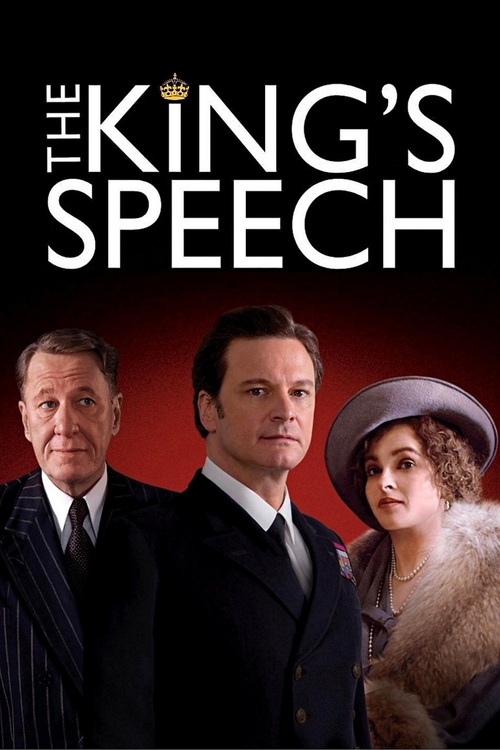It was gratifying, if not particularly surprising, to see Cillian Murphy capture the Best Actor Oscar this year. He’d just starred in the year’s most critically acclaimed film, “Oppenheimer,” which also took Best Picture. It was a big performance in a very big movie.
The 47-year-old veteran actor (who looks much younger) first registered in films over two decades ago, first in Danny Boyle’s creepy “28 Days Later”(2002), and then in Ken Loach’s vivid Irish period drama, “The Wind that Shakes the Barley” (2006).
He was also featured in a number of big-budget, high-profile Hollywood films before and after (including “Batman Begins,” “The Dark Knight” and “Inception”) but never received top billing.
My guess is that changes now for him, though history suggests a Best Actor win hardly guarantees movie stardom. In fact, there are surprisingly few instances where the fabled statuette makes someone an overnight star, prominent examples being Audrey Hepburn after “Roman Holiday” (1953) and Gene Hackman after “The French Connection” (1971).
The award tends to go either to already rising stars cementing their reputations (Sidney Poitier in 1963, Richard Dreyfuss in 1977) or more commonly, established big names winning or winning again: Spencer Tracy, Burt Lancaster, Gregory Peck, John Wayne, Marlon Brando, Jack Nicholson, Tom Hanks, Daniel Day-Lewis, and the list goes on.
There’s one other sub-category I’ve always found fascinating: the Oscar surprises, the (mostly) character or foreign actors who snag the right role in the right movie, and competing against a lot of bigger names, come out on top.
However talented, we pretty much knew these players would not become bona-fide Hollywood stars, either because of their age, appearance, nationality, or some combination thereof. Still, they were happy and grateful to enjoy an unexpected moment in a very bright sun.
Here's my list of a dozen Best Actor Oscar surprises, and the movies that made them possible. (Asterisks indicate the accompanying films that also won best picture).
And the winner is: Broderick Crawford, for “All the King’s Men” (1949)*
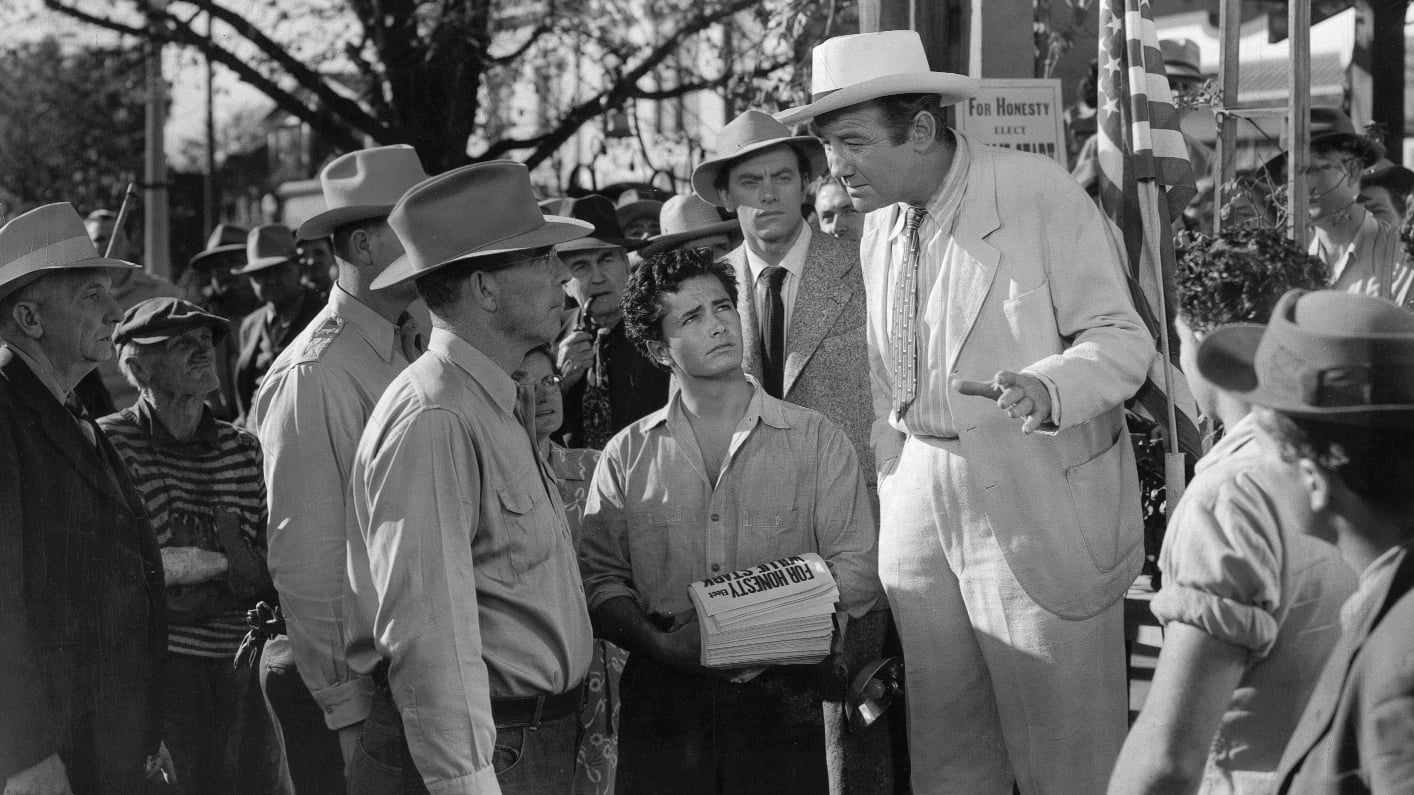
Did you know: Spencer Tracy was floated for the role of Willie Stark, loosely based on autocratic Louisiana governor Huey Long. Director Robert Rossen nixed it, believing Tracy would be too sympathetic. The 38-year-old Crawford, known for theater work and a few supporting film roles, watched countless Huey Long newsreels to prepare.
And the winner is: Ernest Borgnine, for “Marty” (1955)*

Did you know: Rod Steiger had originated the role of Marty, the lonely Italian butcher who finally finds love, on the “Playhouse 90” TV series two years prior. For a variety of reasons, the producers (including Burt Lancaster) decided not to cast him, but took a chance on Borgnine, then best known for playing bullies and villains.
And the winner is: Paul Scofield, for “A Man for All Seasons” (1966)*

Did you know: Charlton Heston wanted the part of Sir Thomas More, but director Fred Zinnemann was set on using a British actor. He chose Scofield, not a film star but a classically trained stage actor, who’d originated the part in London and on Broadway. His screen performance was every bit as triumphant.
And the winner is: Rod Steiger, for “In the Heat of the Night” (1967)*
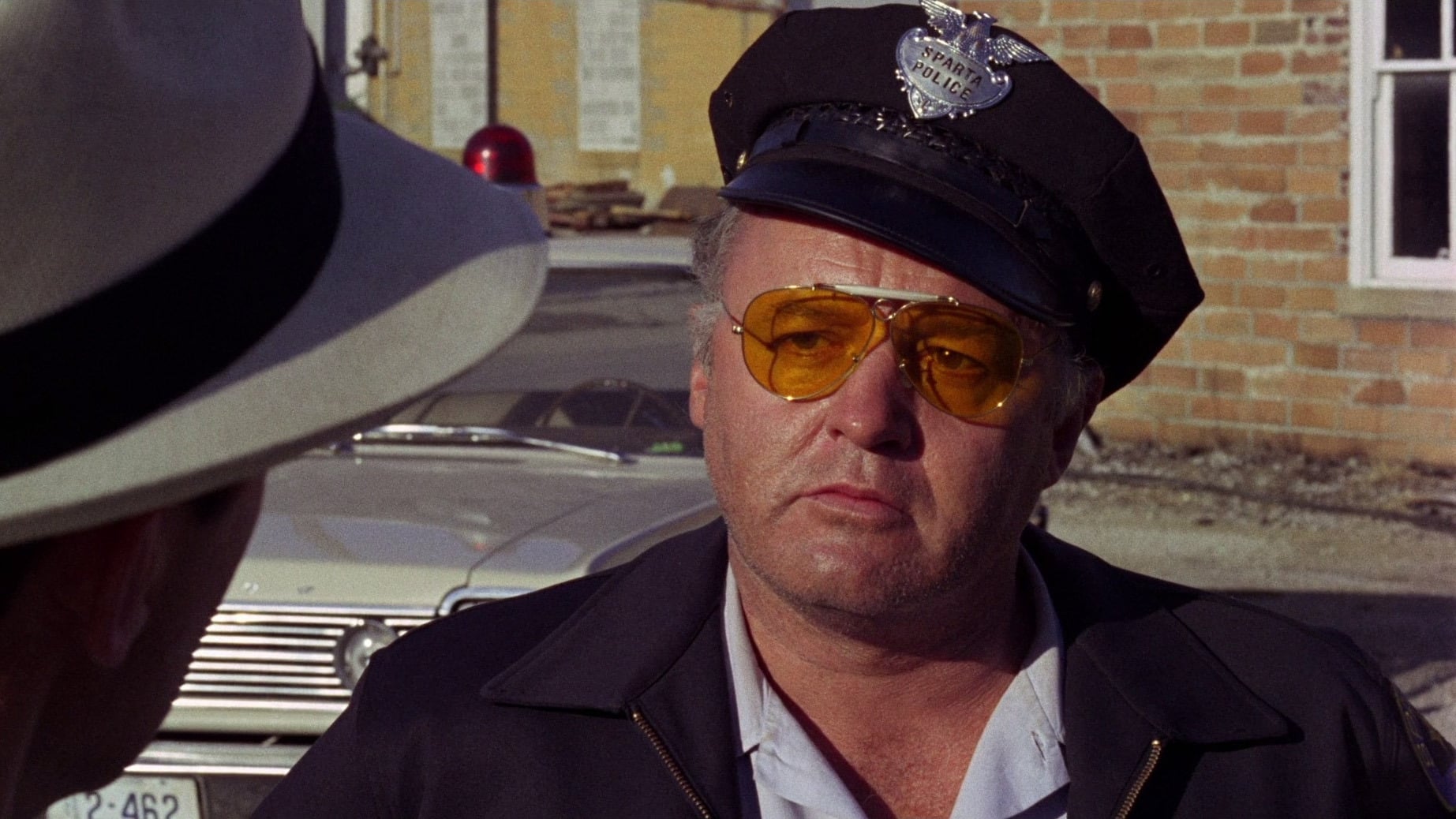
Did you know: Director Norman Jewison suggested Steiger chew gum as part of his portrayal of a racist Southern sheriff. Hesitant at first, the actor soon realized it worked for the character, and went through countless packs throughout the shoot, while also maintaining his southern accent.
And the winner is: Art Carney, for “Harry and Tonto” (1974)
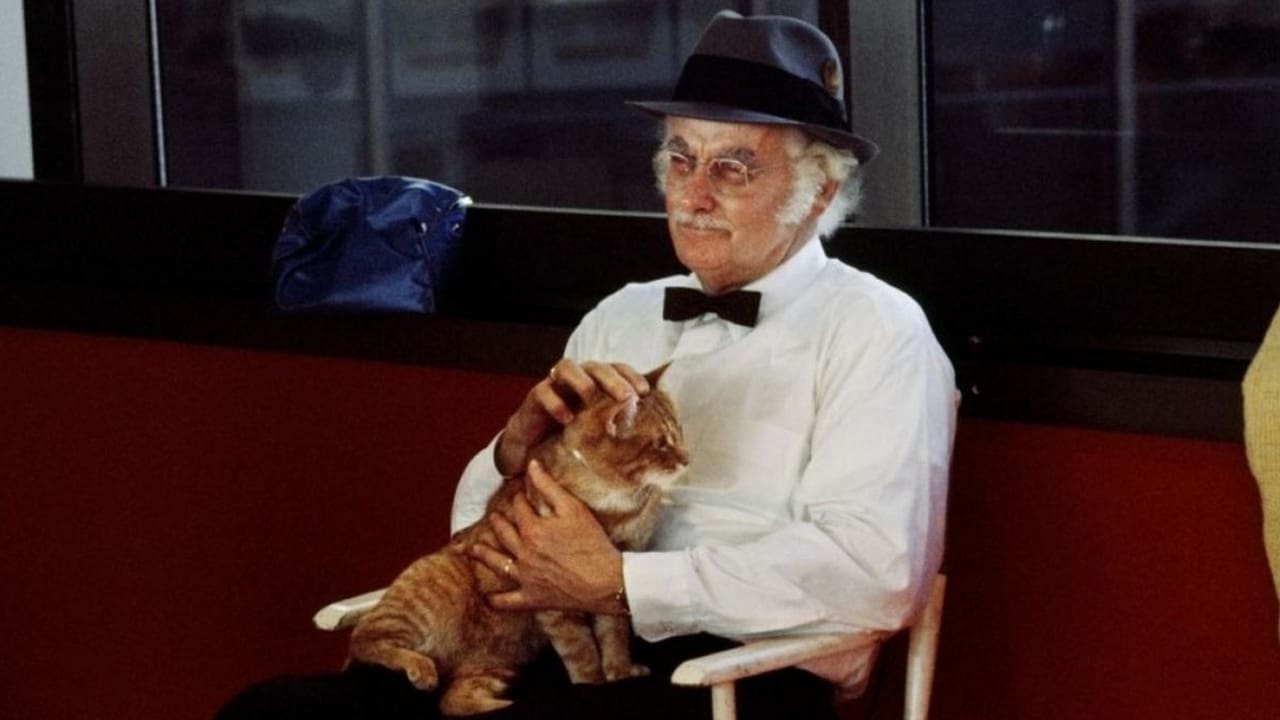
Did you know: James Cagney was first offered the part of Harry, a senior citizen who goes on the road with his cat Tonto after his apartment building gets torn down. Carney, best known for TV’s “The Honeymooners”, thought he was too young for the part, but director Paul Mazursky disagreed, telling him he’d win an Oscar.
And the winner is: Ben Kingsley, for “Gandhi” (1982)*

Did you know: Ben Kingsley’s father’s family was from the same region of India as Gandhi’s. Shaving his head and losing considerable weight for the role, once in make-up the actor looked uncannily like the Indian leader. Shooting on location, many locals saw him and believed they were actually seeing Gandhi’s ghost.
And the winner is: F. Murray Abraham, for “Amadeus” (1984)*

Did you know: Co-stars Abraham (as Mozart rival Salieri) and Tom Hulce (as Mozart himself) were both nominated for Best Actor. They both endured grueling preparation: Abraham learned to read music and conduct, while Hulce mastered the piano. Abraham’s elaborate make-up when playing the aged Salieri reportedly took over four hours to apply.
And the winner is: Geoffrey Rush, for “Shine” (1996)
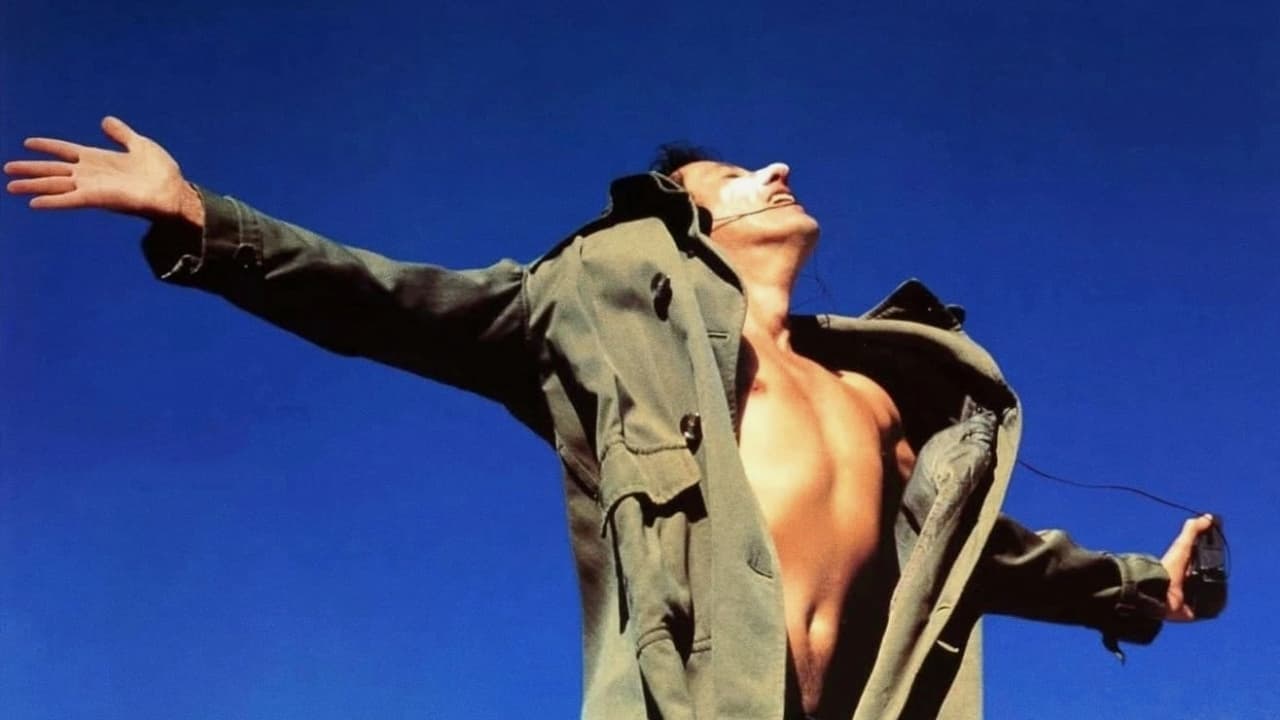
Did you know: Revered in his native country, Australian actor Rush was unknown in America when cast as gifted pianist David Helfgott, whose career was cut short by schizophrenia. Veteran German player Armin Mueller-Stahl, sixty-five when cast, also won an Oscar nod and international recognition for his portrayal of Helfgott’s abusive father.
And the winner is: Roberto Benigni, for “Life is Beautiful” (1997)

Did you know: Another virtually unknown name in the U.S, Benigni was up for three awards on Oscar night (also Best Director and Original Screenplay). He became the second actor to direct himself to the acting prize, after Laurence Olivier’s “Hamlet” (1948), and also the second Italian to win a top acting Oscar, after Sophia Loren for “Two Women” (1960).
And the winner is: Adrien Brody, for “The Pianist” (2002)
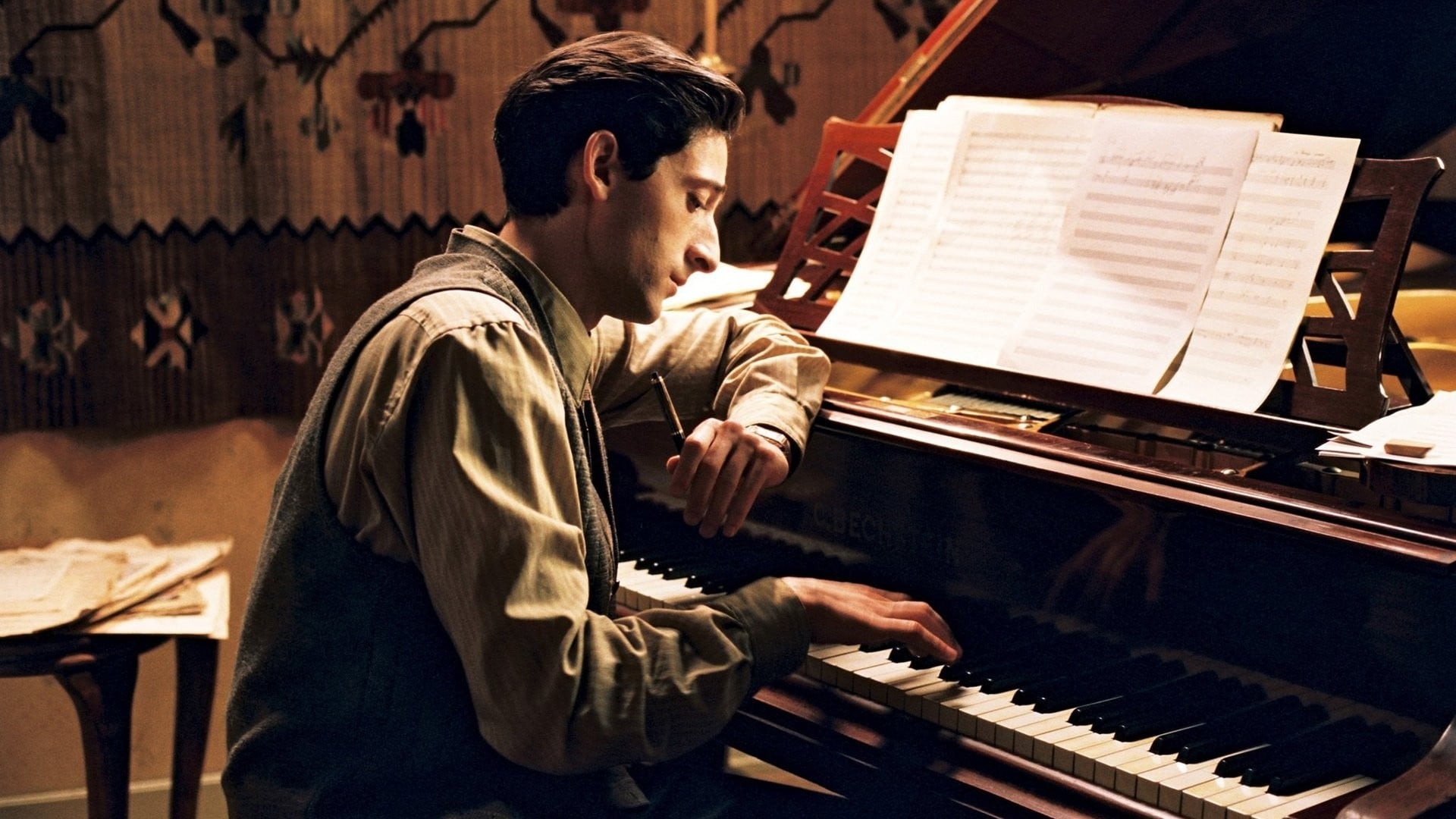
Did you know: After auditioning hundreds of actors for the role of a Jewish pianist hiding out in Warsaw during the Second War, director Roman Polanski thought of Brody, whom he’d recently met and whose work he admired. Brody lost 30 pounds and learned to play the piano for this film. At 29, he was (and remains) the youngest Best Actor recipient ever.
And the winner is: Forest Whitaker, for “The Last King of Scotland” (2006)
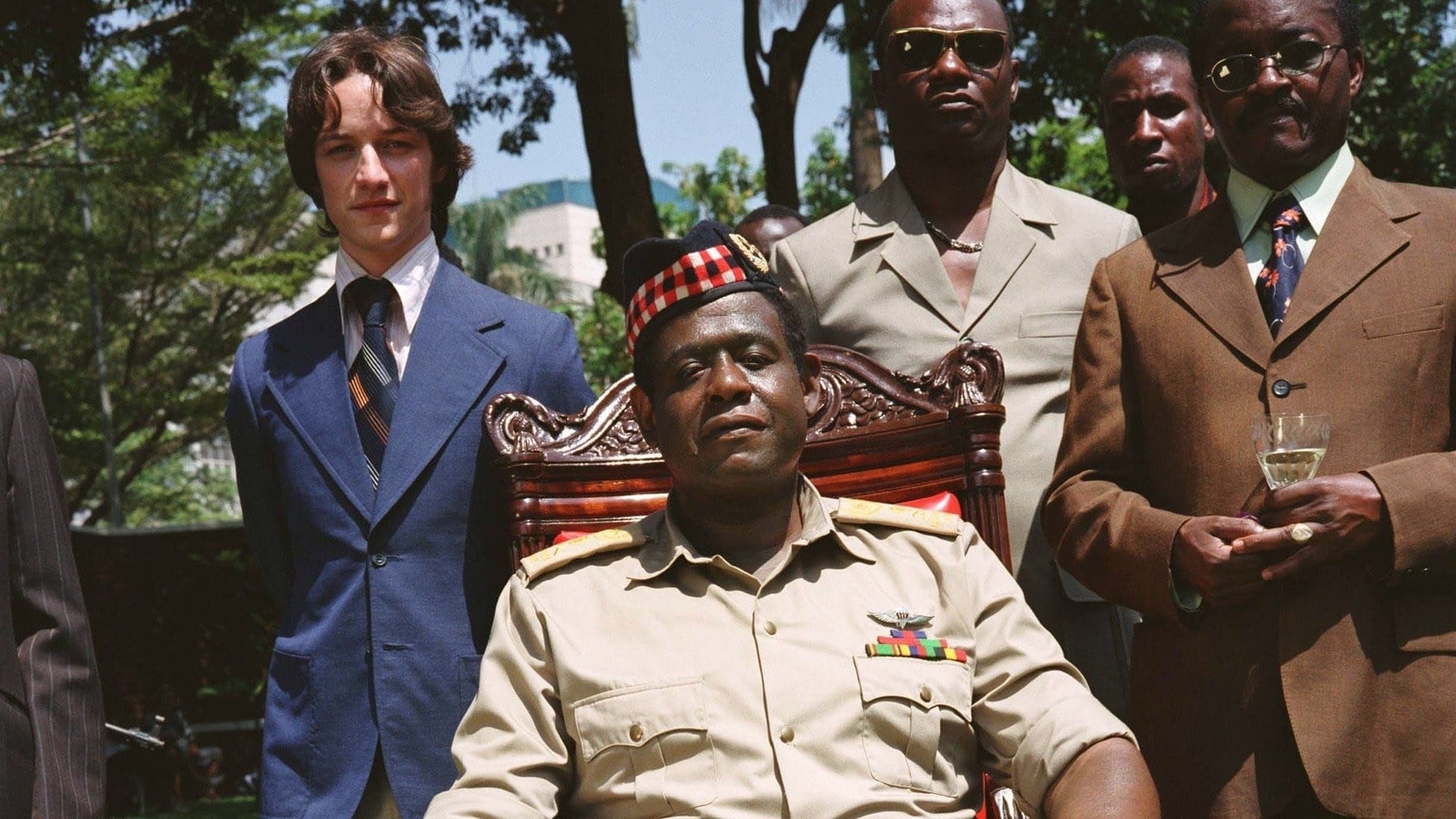
Did you know: Whitaker put on nearly fifty pounds to play the large, physically imposing Ugandan dictator. Early on, he temporarily lost his ability to reproduce Idi Amin’s distinctive accent. Once recovered, he wanted to avoid losing it again, so stayed in character throughout the shoot. This proved taxing on everyone, particularly his family.
And the winner is: Jean Dujardin, for “The Artist” (2011)*

Did you know: Dujardin, playing silent star George Valentin, was the first French actor to win, though Maurice Chevalier, Charles Boyer, and Gerard Depardieu had all been nominated. Not a dancer, he and Berenice Bejo had to rehearse intensively for the dance sequences. This French production was (fittingly) shot in Hollywood.
More: Oscar Bait: 6 Types of Roles That Are Academy Gold
